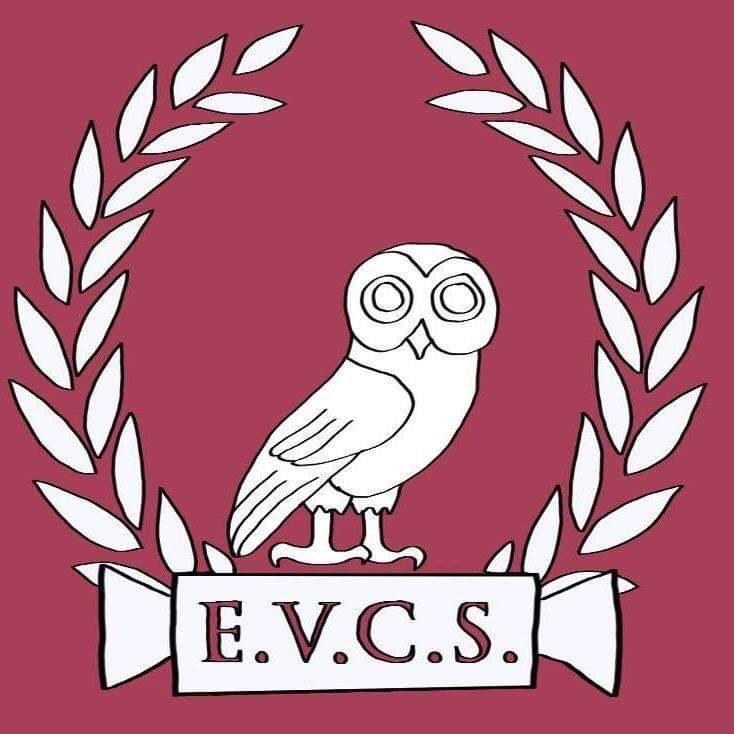
By Mia Nicole Davies
A significant amount of the discourse I engage in (if one of my lecturers reads this, I have probably stalked you on Twitter) surrounds the definition and inclusivity of Classics both in terms of its scholarly areas of focus and those who study it. Being a multiply-marginalised person with academic interests that are often on the fringes of standard Classics, I have been questioning and challenging my place in the field since I started dipping my toes in it. I am, technically speaking, not actually a Classics student: I actually study a History degree, but I think studying Classics from this angle has given me an invaluable perspective on the discipline and how it’s structured at the university level.
As a first year History student, the most important courses I took were in Islamic History, the first half of which is an indispensable part of the Late Antique landscape. As these were courses about history, I was allowed and encouraged to take them, but at the University of Edinburgh they official belong to the Islamic and Middle Eastern Studies section of the School of Literatures, Languages, and Cultures, meaning that even though their subject matter is at the very least relevant to Classics or the Antique period, this classification could potentially be a barrier to first- or second-year students reading a Classics degree depending on required courses, administrative rules, and other factors out of our control. On the contrary, most if not all sub-honours university courses regarding Classical civilisations are open to students pursuing History degrees. Once in your honours years, the classification of courses into certain administrative areas is more relevant (and sometimes more frustrating) than ever. For example, as a History student, I am taking a course on Iranian history this term, again offered through IMES as an approved outside course for us. The Persian Empire from the Achaemenids to Sasanians was one of the strongest key players of the Classical Mediterranean and extremely interconnected with the Hellenistic world – indeed, even knowing this going into the course I did not expect to be reading so much Herodotus. However, a student studying an Ancient History degree (which falls under Classics’ jurisdiction) at my university would not be allowed to take this course, as it doesn’t fall under the university’s jurisdiction of ‘Ancient History’. There are, luckily, some wonderful honours Classics options that do discuss the Near East and related areas, but I personally would love to see more of them and offered earlier and more enthusiastically.
Furthermore, the unfortunate truth is that when thinking about whether you want to enter the Classics academia space, and where you want to do that, your personal background is something you need to consider. As a disabled and queer person of colour, who has often been the only (or one of precious few) visibly Muslim student in my courses, my identity and perspective is not always welcomed or given the platform it deserves. I have loved my experience studying at the University of Edinburgh and am pleased to say that I haven’t really felt marginalised by Classics staff or students in my time here – I have generally found my tutors and lecturers to be themselves educated about and openly against the insidious underbelly of the discipline, and my efforts to create a supportive, accessible community for disabled students in pre-modern studies have been very warmly welcomed by staff as well as the students in Classics Society and the Classics courses I’ve taken. There needs to be progress across the whole discipline, but I find the University of Edinburgh to be engaged with that progress and am hopeful about the future of Classics here.
I’m likely biased, but I truly do believe that a well-rounded education in Classics should include some knowledge about the Eastern Mediterranean taught through a lens that isn’t Greco- or Italo-centric. I would encourage prospective university students to explore the various course options for all the different degrees offered within the Classics and History disciplines to find what path best allows you to explore your interests. The Scottish system allows us to take quite a few electives in our first two years at university, so even if you know for sure that you’d like to stick to more ‘traditional’ Classics courses later in your university career, it’s a great way to round out your education and explore new ways of looking at the field earlier on. While personal tutors in Classics may not be aware of or actively pushing their students to take these, I would highly recommend looking into courses on religious history, non-western ‘area studies’ courses dealing with earlier periods, or even social science courses that discuss topics such as gender, sexuality, race, and disability – reception is an important and interesting area of Classics and having a diverse and inclusive background is such an asset. There are amazing scholars researching these topics within the context of the entire Classical world, so whether you think Classics ended in 476 or prefer to test the limits of periodisation with Byzantium’s longevity, you can engage with your learning in a valuable and increasingly necessary way.
